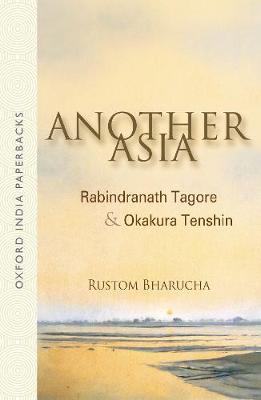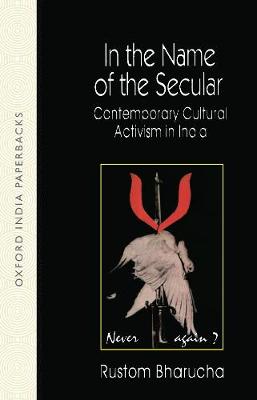Oxford India Paperbacks
2 total works
Set against a panoramic background of inter-Asian cultural politics, and drawing on the intersections of the late Meiji period in Japan and the Swadeshi movement in Bengal, Another Asia elaborates on the ideals of Asia catalyzed by the meeting of Rabindranath Tagore and the Japanese art historian and curator Okakura Tenshin in Calcutta in 1902. The book weaves through an intricate tapestry of ideas relating to pan-Asianism, nationalism, cosmopolitanism, and friendship, and positions the early modernist tensions of the period within-and against-the spectre of a unified Asia that concealed considerable political differences. The book draws on pan-Asian works such as The Ideals of the East and The Awakening of the East, in counterpoint to Tagore's radical Nationalism. The book, offering new insights into the ways in which the Orient travelled within and beyond Asia stimulated by emergent modes of vernacular cosmopolitanism, will appeal to students and scholars of cultural studies, South Asian postcolonial literature, literary theory, and performance studies, as well as general readers.
Author and activist Rustom Bharucha analyzes a wide range of cultural activities, from film to street theatre, painting and literature, which attempt to counter the threats of communalism and globalization. Drawing on the anti-fascist and anti-imperialist legacy of movements of the 1940s, he questions what it means to be secular in India today, within the larger framework of cultural activism and citizenship.

